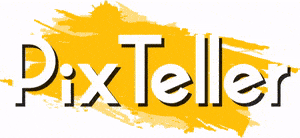Empowering Marketing With AI: How to Use AI SEO Tools
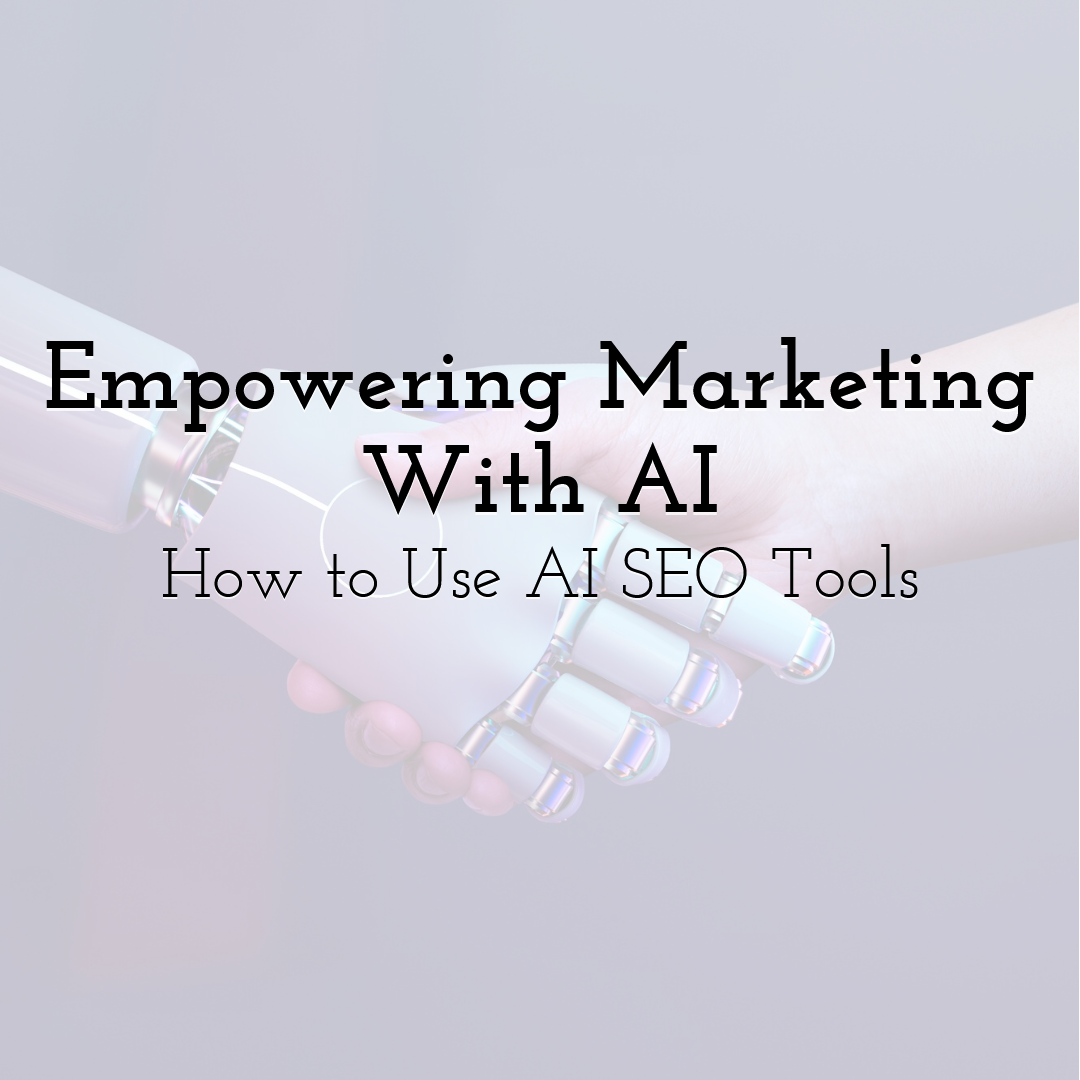
Building Smarter Marketing Campaigns With AI Integration
ChatGPT and other LLMs have broken into our lives not so long ago. But they are already changing everything.
The ease and convenience of artificial intelligence change the way people explore information and interact with it. It changes the very core of user behavior on the web. And, respectively, it changes the way we have to do digital marketing and SEO.
In this article, we’ll tell you about the main concepts of ChatGPT SEO, content creation, and marketing to help you build smarter campaigns that drive results.
Measuring Success Through ChatGPT-Enhanced SEO Analytics
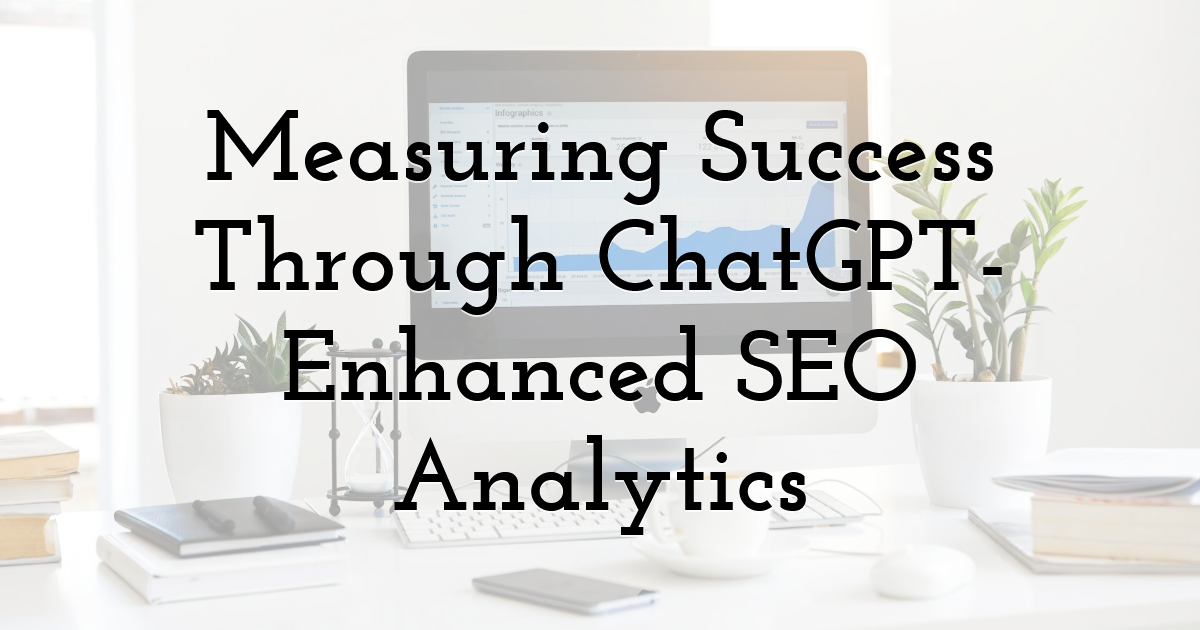
ChatGPT SEO is the new age of marketing. Traditional search only gives a list of results. Often, it takes time to find what you need. However, AI gives a direct answer. And this saves users plenty of time. No wonder more people prefer AI search now. This means that optimizing for AI results is now essential for staying visible. Respectively, tracking your visibility in generative engines should become an integral part of marketing analytics.
Leveraging ChatGPT rank tracking tools helps you see how your brand is featured in AI search. These AI SEO tools track performance over time, analyze the sentiment of your mentions, and give insights into how you can bridge thematic gaps to get featured in generated results more frequently. In a larger marketing image, ChatGPT rank tracking gives you an opportunity to refine your content to match the changing audience needs. This potentially means higher marketing ROIs and better competitiveness.
Content Optimization and AI-Driven SEO
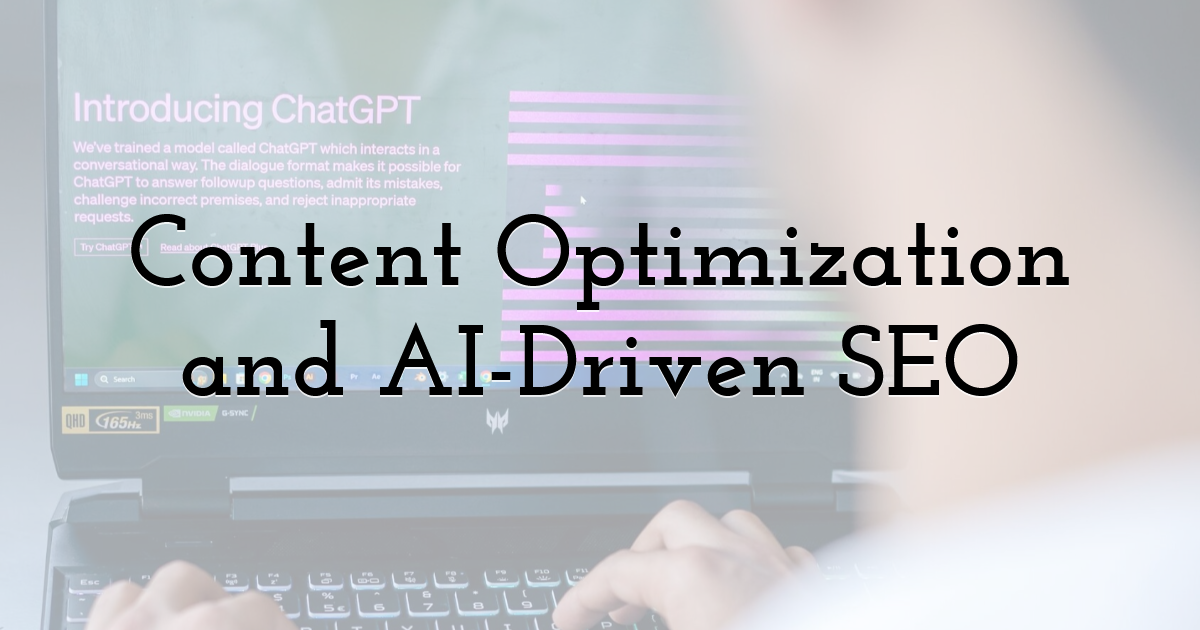
Apart from using rank tracking tools to see your brand’s performance in AI search, there is another powerful way to use ChatGPT for marketing success—leverage it to strengthen search engine optimization and content creation/optimization.
Search engine optimization has been one of the primary drivers of marketing for years. It enables brands to create organic visibility and awareness, while also amplifying their trust. Artificial intelligence is changing SEO in a number of ways. As was mentioned earlier, it gives rise to AI search optimization—SEO focused on optimizing beyond regular SERP rankings, for getting mentioned and cited in AI bots and search engines. And it creates new dimensions for SEO automation.
What can you simplify with AI-driven SEO? It allows automation that’s more scalable than ever before.
Namely, you can use AI SEO tools for the following processes:
- • Keyword research. Historically, keyword research was a rather effort-heavy process that required a lot of human intervention. Although various research tools could give you a list of all relevant and related queries, analyzing their search volumes, competition, and other characteristics was on a human. Artificial intelligence eliminates human work. It analyzes large datasets and collects the most relevant and promising keywords for you. Moreover, it can suggest queries based on search intent and predict future trends, which makes keyword research more accurate and effective than before.
- • Competitor analysis. AI-enhanced SEO software can analyze your top-performing competitors fast. It brings actionable insights on keywords, content types, topics, backlinks, and other opportunities you might be missing in your current strategy.
- • Content gaps analysis. Unlike traditional SEO ranking, AI visibility is determined by more factors other than keyword matching. In particular, artificial intelligence looks deeper into the semantic relevance and topical authority of the source before citing it. That is, creating broader copy with greater topical coverage becomes essential for maintaining visibility. Tools built with ChatGPT for marketing give you an opportunity to crawl and cluster your existing copy (as well as the content of your top competitors) to detect content gaps that you need to bridge to amplify your visibility.
- • On-page optimization. Lastly, ChatGPT marketing tools can automate on-page SEO. These tools leverage machine learning and natural language processing (NLP) to analyze your copy and predict user behavior. It looks into user engagement and intent to see how well your site performs at the time. Based on this data, AI can suggest on-page improvements that can make your pages more relevant to users and increase conversions.
And that’s not all. Apart from automating manual tasks, brands can now use AI content creation and optimization to deliver better copy at scale. AI-enhanced tools can help you group your target keywords by intent and topic clusters and create technical tasks, outlines, and content briefs in almost no time. In fact, they can generate full-length copy as well. However, generated texts still lack creativity. They often sound robotic and need to be humanized to meet the high E-E-A-T quality standards. Thus, it’s not recommended to rely on AI for content creation completely. But it can greatly save your team’s time, allowing greater scalability. And it lets you focus on strategic and creative tasks instead of spending loads of time on research and other routine processes.
AI-Powered Personalization and Smart Automation
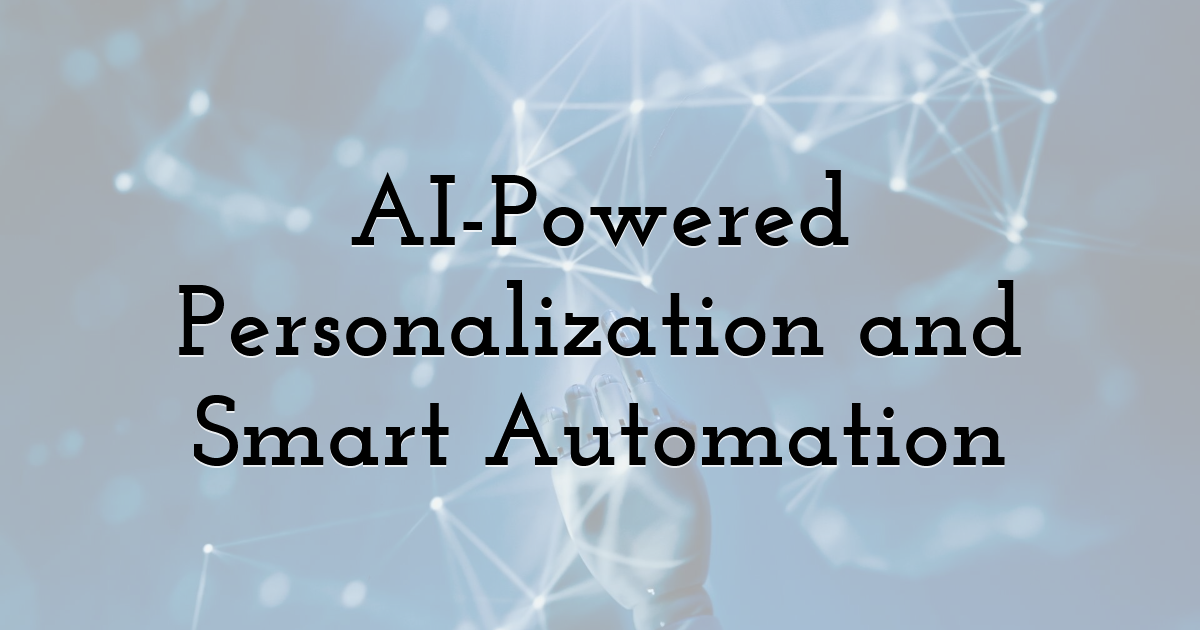
Finally, beyond using ChatGPT for content marketing, automation, and performance tracking, there is a way to leverage artificial intelligence for strategic planning and improvement of your overall campaigns.
The primary highlight of an AI SEO strategy compared to a regular strategy is personalization. Tools with artificial intelligence enable you to understand user behavior better and build your approach based on their intent. You can set up automatic adjustment of page elements and content based on a visitor’s engagement patterns, behavior, and demographics. This can help ensure a better match to users’ needs and, respectively, higher conversions and ROIs.
Furthermore, thanks to automating repetitive tasks, you can ensure more time for strategy building and decision-making. And that’s where AI can also help. Artificial intelligence can deepen your habitual marketing and SEO analysis. It can crawl real-time data on:
- • User behavior
- • Trends
- • Performance
- • And more
Such analytics in real time eliminates delays in decisions and gives you an opportunity to make quick improvements at the right time.
And there is more. AI SEO tools can predict future trends and behaviors based on historical data. That is, you will be able to integrate changes into your AI campaign ahead of time, gaining a competitive edge.
Final Thoughts:
Without any doubt, artificial intelligence is a major breakthrough that changes many different sectors. Marketing is not an exception. The rapid growth of searches with LLMs is changing SEO. The popularization of generative tools changes content creation. And there are many other changes going on right now.
What does it all mean for business? It means that we need to forget the way we used to handle marketing. User behavior and search are never going to be the same. And we must adapt to survive.
The good news? AI opens up plenty of great opportunities. As you now know, adopting it in your strategy helps improve decision-making, personalization, and efficiency. And now you know how to do it. Start integrating AI content optimization, automation, analytics, and performance tracking now to get ahead of competitors and drive growth.
Until next time, Be creative! - Pix'sTory
Recommended posts
-
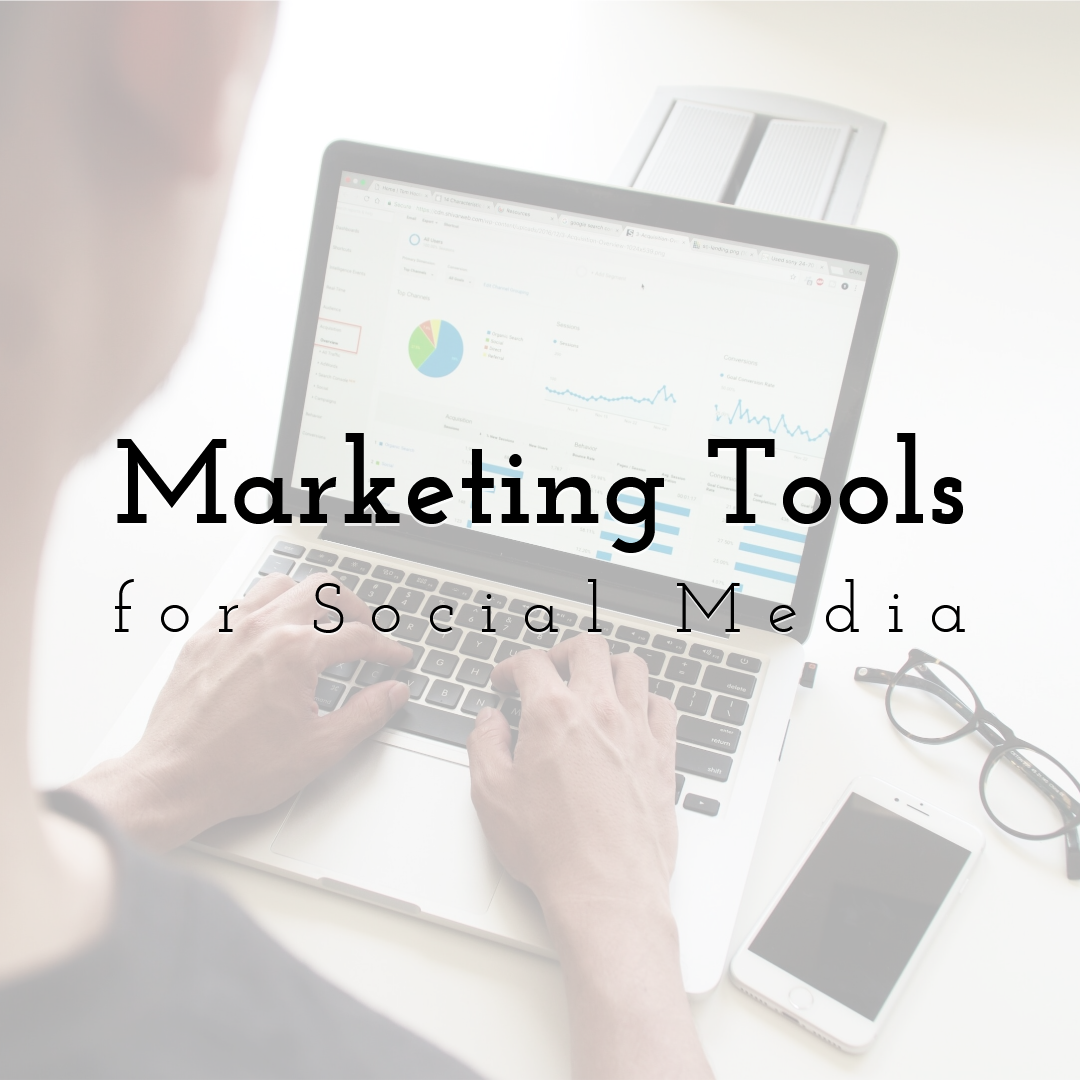
Best Proven Marketing Tools for Social Media in 2020
Read More › -
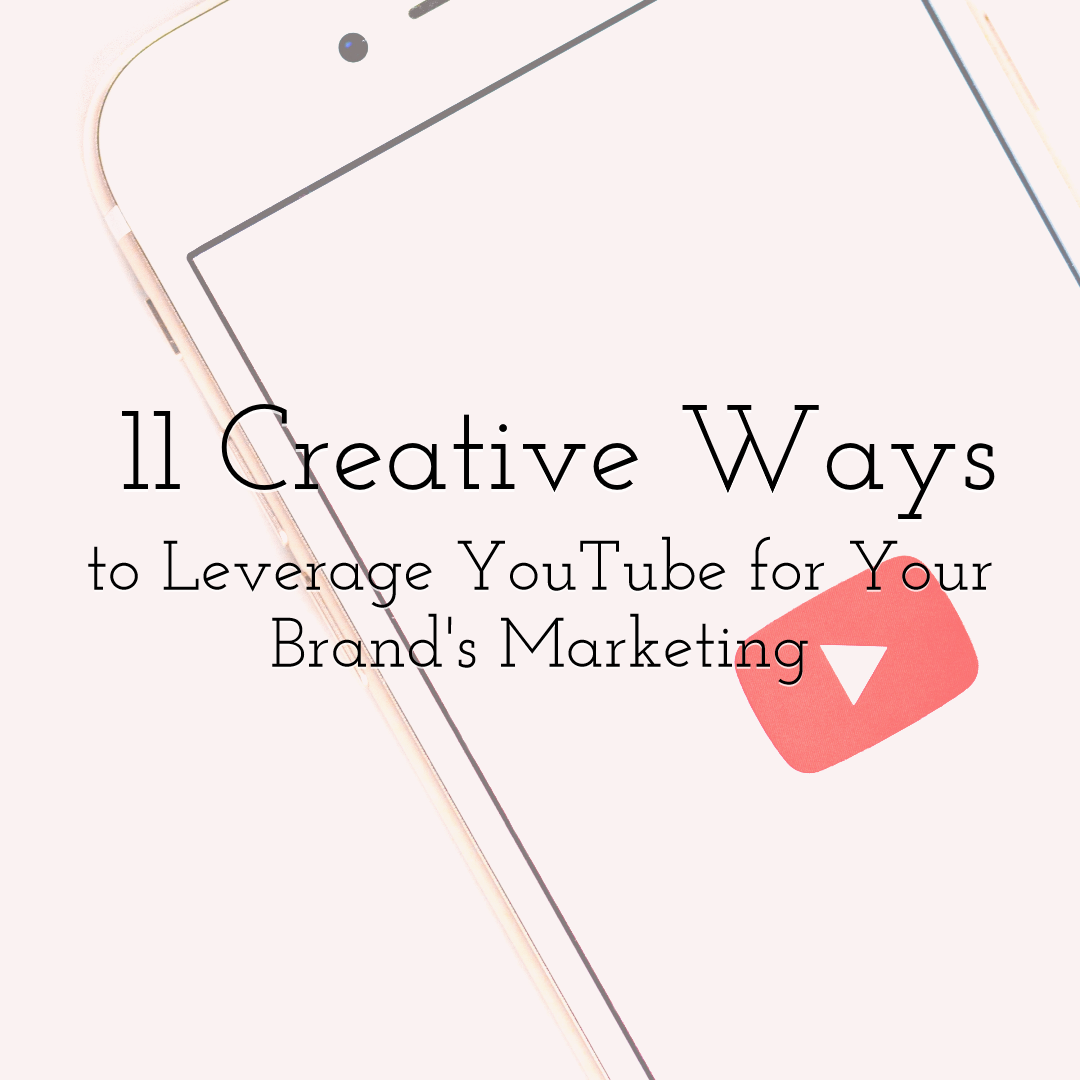
How to Leverage YouTube for Your Brand's Marketing - 11 Creative Ways
Read More › -
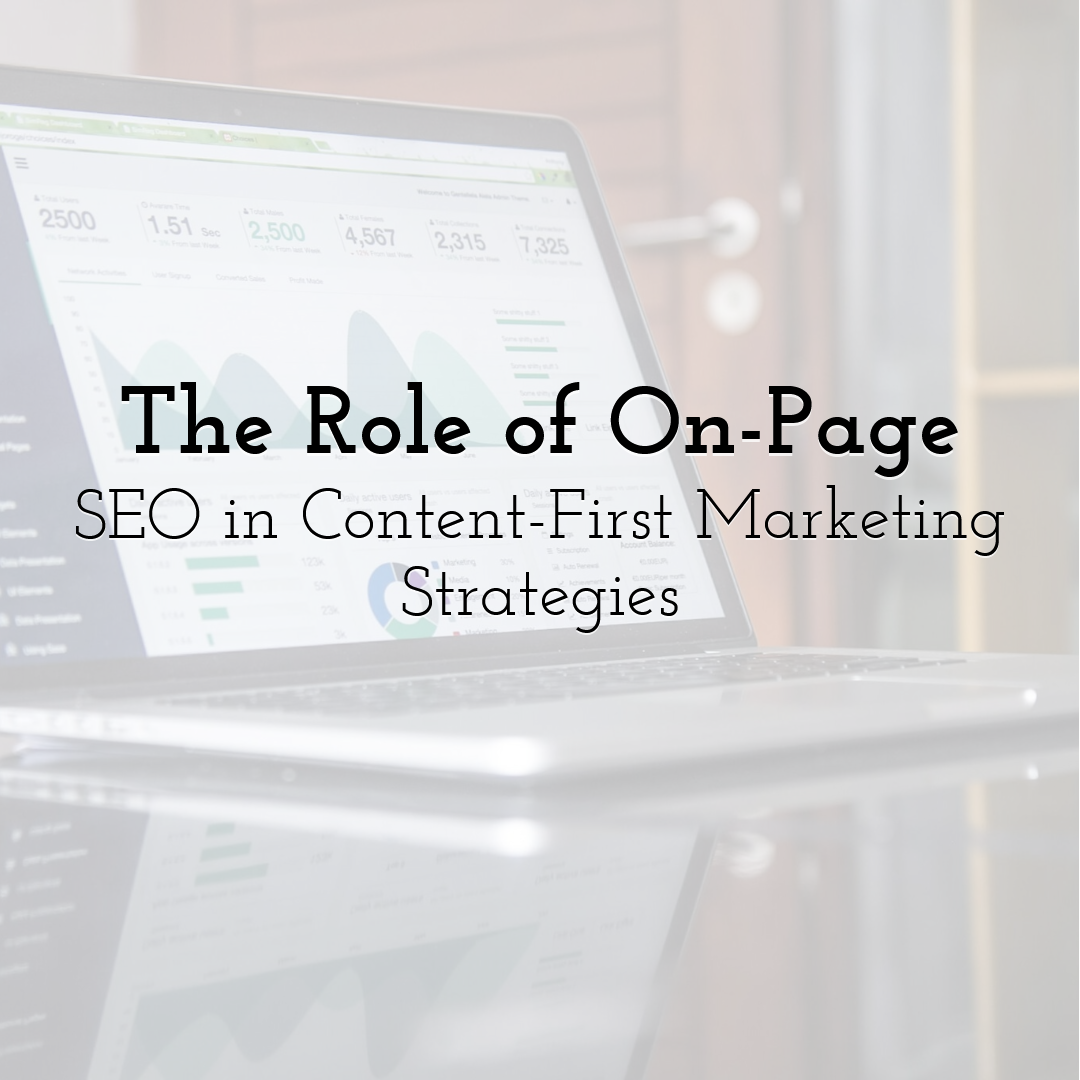
The Role of On-Page SEO in Content-First Marketing Strategies
Read More › -
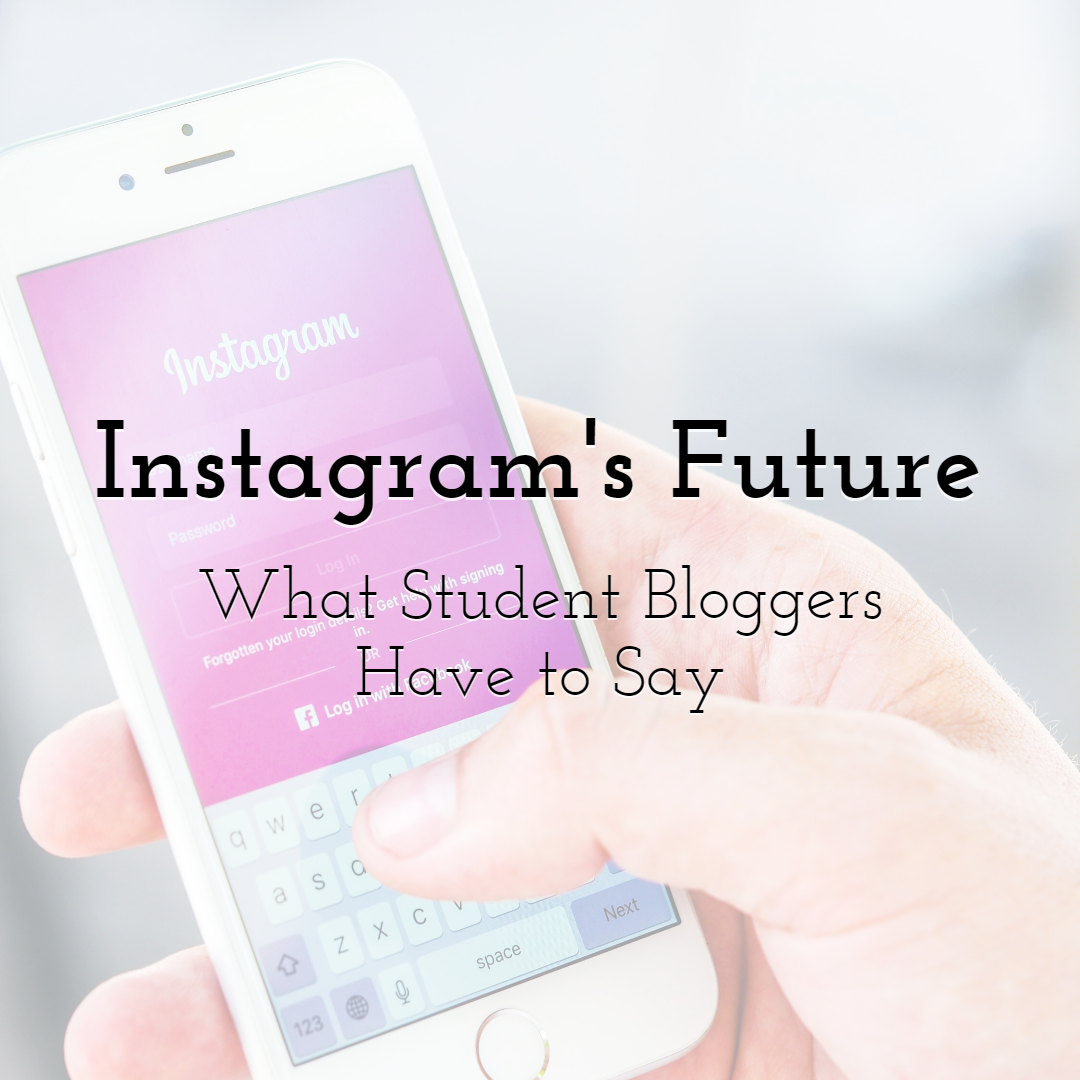
The Future of Instagram: What Student Bloggers Have to Say
Read More › -
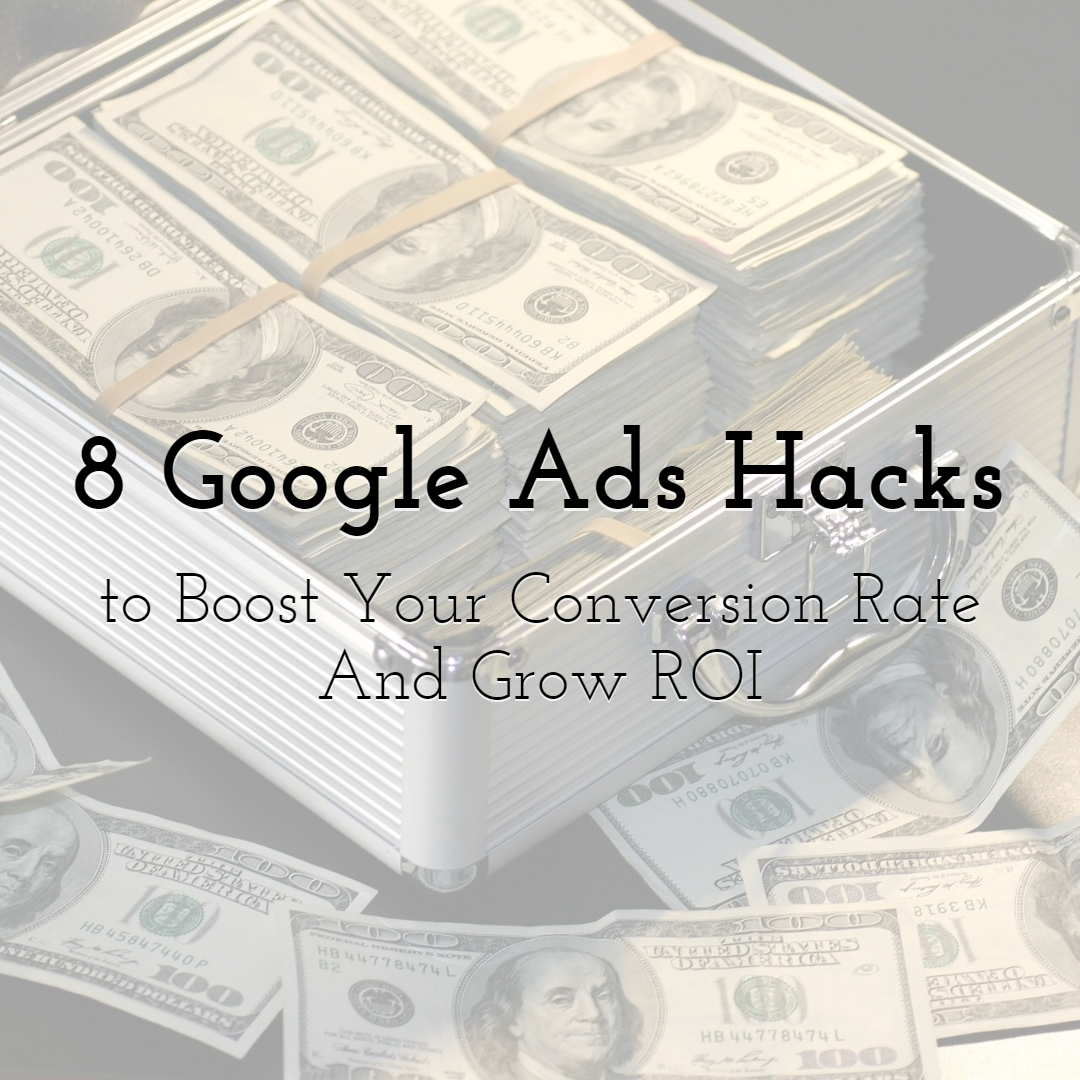
Eight Google Ads Hacks that Can Boost Your Conversion Rate and Grow ROI
Read More › -
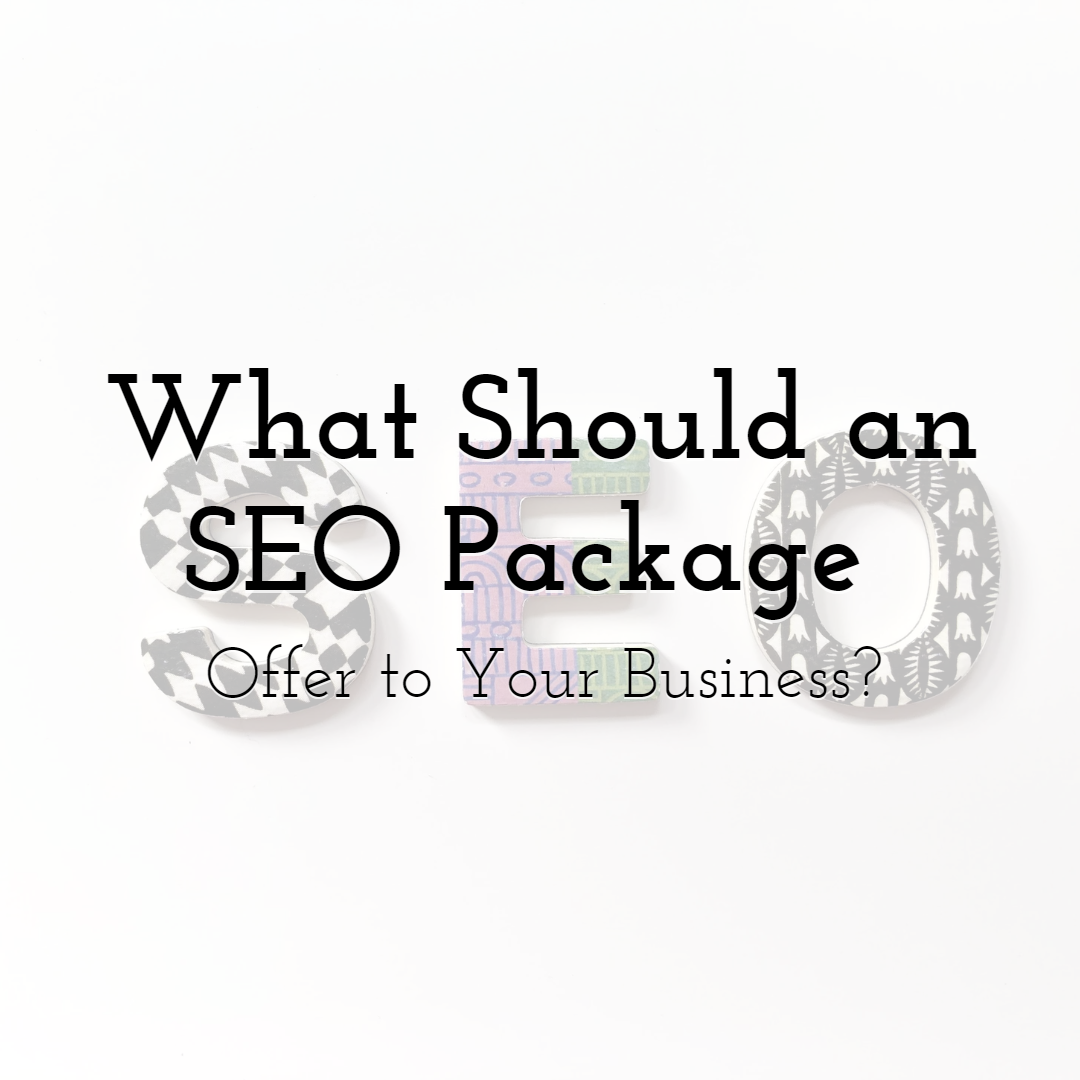
What Should an SEO Package Offer to Your Business?
Read More ›
